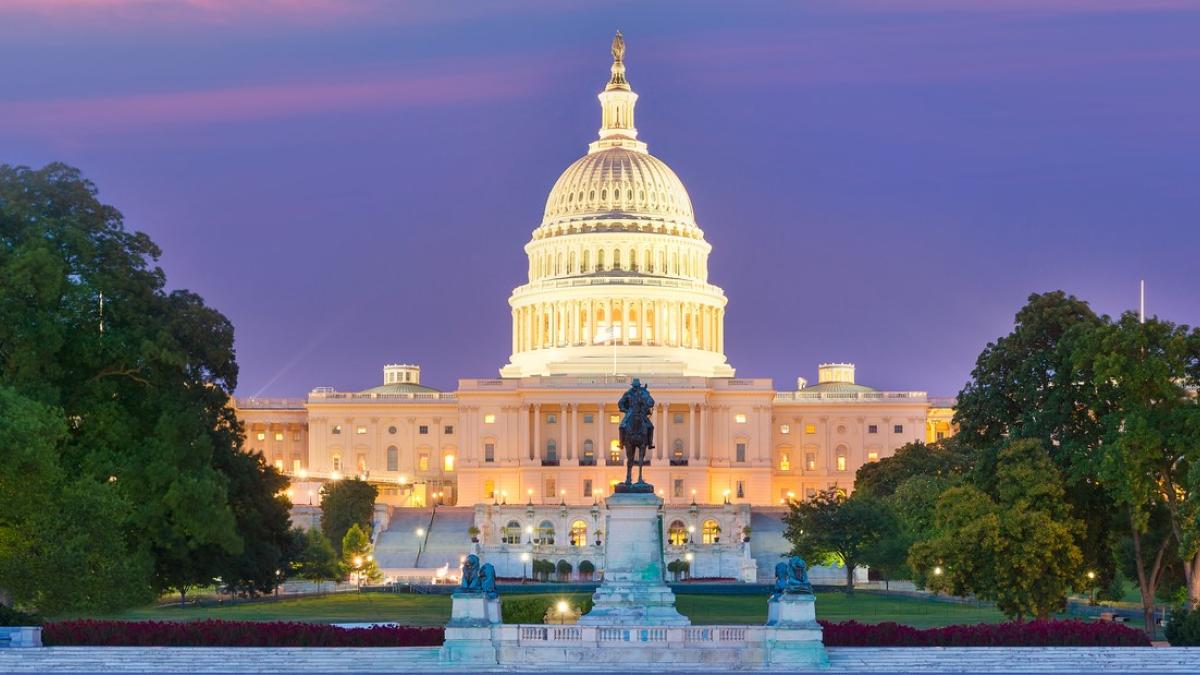US Senate Takes Aim at Crypto-Fueled Terror Financing with Bipartisan Bill

A new bill introduced in the US Senate seeks to crack down on the use of digital assets for terror financing. The Terrorist Financing Prevention Act of 2023 aims to:
- Expand sanctions: The bill would expand sanctions to include foreign corporations that financially or otherwise support US-designated terrorist organizations. This includes both traditional finance companies and digital asset firms.
- Prohibit US financial institutions: US financial institutions would be prohibited from opening accounts for or conducting transactions with entities involved in terror financing, including those using digital assets.
- Identify and sanction: The Secretary of the Treasury would be required to identify and sanction any group or financial institution facilitating terror transactions through digital assets within 60 days of the bill's enactment.
This bipartisan effort comes amidst growing concerns about the use of cryptocurrencies to fund terrorism. Recent events, like the October 7 attacks on Israel, have highlighted the potential for terrorists to exploit the anonymity and ease of access of digital assets.
The bill has received support from some, but not all, in the cryptocurrency community. While some argue that it is necessary to prevent the misuse of cryptocurrencies, others worry that it could stifle innovation and lead to overregulation.
Chainalysis, a blockchain analysis firm, has cautioned against overstating the claims of crypto-fueled terrorism. They argue that the public and transparent nature of blockchain technology makes it a less effective tool for funding terrorism than other methods.
Regardless of the debate, the introduction of this bill signals a growing awareness of the potential risks associated with cryptocurrencies and terror financing. It remains to be seen whether the bill will be passed into law, but it is clear that the issue is receiving increasing attention from lawmakers and regulators.